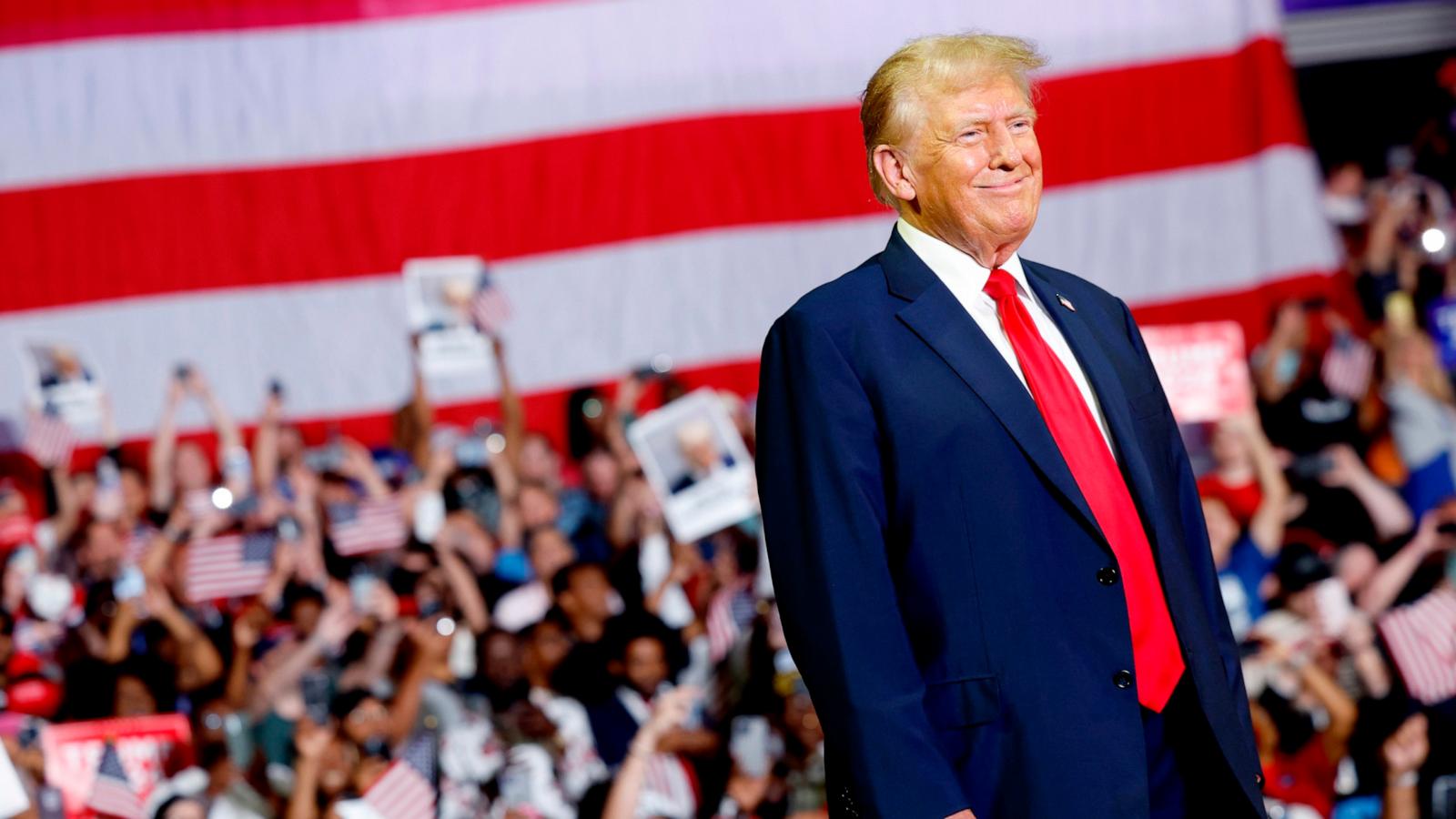Donald Trump’s campaign has focused heavily on reaching young, mostly white men, as young women have shown a strong distrust towards him. In recent weeks, Trump has connected with right-wing influencers like Jake Paul and Andrew Schulz, who have significant followings among young men.
His campaign has also embraced issues such as cryptocurrency and vaping, which appeal to this demographic. This strategy is part of a broader approach that targets his core base, which is predominantly male.
Despite these efforts, Trump appears either unwilling or unable to expand his political coalition beyond his established base. His controversial politics and personality likely alienate potential supporters, making it difficult for him to reach beyond his existing followers. This narrow focus on young men reflects his broader strategy of doubling down on his core voters rather than trying to build a wider appeal.

However, this approach comes with significant risks. The groups Trump is targeting, such as young men interested in crypto and vaping, tend to have low voter turnout, which complicates his path to victory.
Additionally, he hasn’t provided a compelling reason for these individuals to vote, relying instead on vague and sometimes extreme warnings about the future if Democrats win the election. These tactics might not effectively motivate these voters to show up on Election Day.
When compared to issues like abortion rights, which are motivating many young women, Trump’s strategy seems weak. The clear and immediate stakes of issues like reproductive rights for women likely overshadow Trump’s niche focuses on cryptocurrency and other fringe topics. As a result, his chances of success with this demographic appear slim, and his overall strategy might struggle to pay off.


